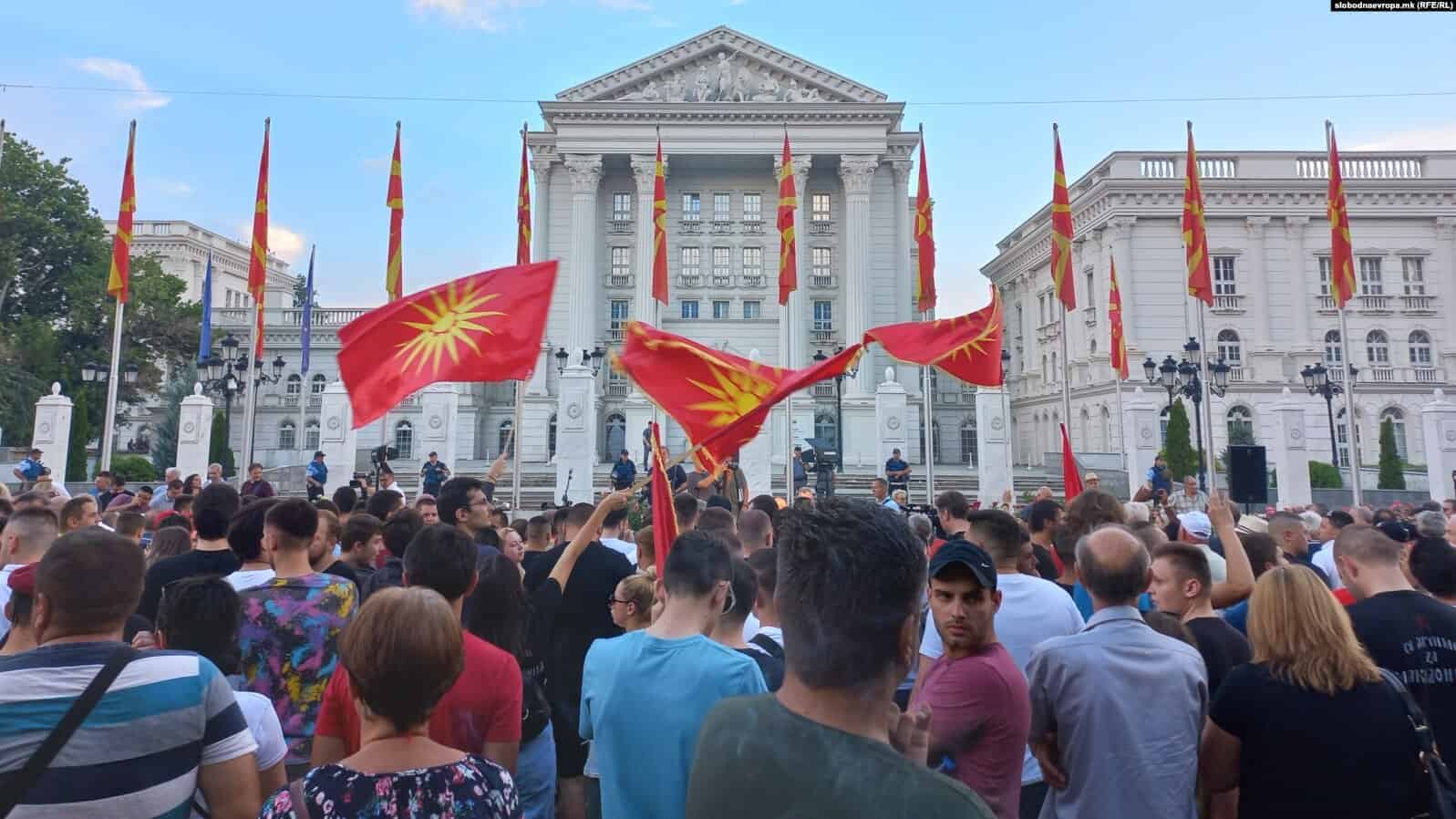
The Political Journey of Northern Macedonia: Stability and Unity
admin
- 0
kfoodfair2015.com – The political journey of North Macedonia has been marked by challenges and transitions, reflecting the broader dynamics of the Balkan region. Since gaining independence from Yugoslavia in 1991, the country has navigated through periods of instability, ethnic tensions, and the quest for international recognition. This article delves into the key milestones and developments that have shaped North Macedonia’s path towards stability and unity.
The Road to Independence
North Macedonia’s journey began with the disintegration of Yugoslavia, leading to its declaration of independence in September 1991. The initial years were fraught with difficulties, as the international community, particularly Greece, contested the country’s use of the name “Macedonia” due to concerns over irredentism and historical claims.
The Name Dispute and Resolution
One of the most significant hurdles in North Macedonia’s political journey was the name dispute with Greece. This conflict delayed the country’s NATO and EU accession processes. The Prespa Agreement, signed in 2018, resolved the dispute by renaming the country North Macedonia, paving the way for NATO membership and advancing its EU candidacy.
Ethnic Tensions and the 2001 Conflict
The early 2000s saw a rise in ethnic tensions between the majority Macedonian Slavs and the Albanian minority. The 2001 conflict, a brief but intense insurgency led by Albanian nationalists, threatened the country’s stability. The Ohrid Framework Agreement, brokered by the international community, ended the conflict and introduced constitutional changes to ensure greater rights for ethnic minorities.
Towards Stability and Unity
In the aftermath of the 2001 conflict, North Macedonia has made strides towards stability and unity. The Ohrid Agreement has been a cornerstone of interethnic relations, promoting a more inclusive society. The country has also undertaken significant reforms to strengthen its democratic institutions, combat corruption, and improve the rule of law.
The Quest for EU and NATO Membership
The resolution of the name dispute and the implementation of reforms have accelerated North Macedonia’s integration into Euro-Atlantic structures. The country joined NATO in 2020 and continues to make progress in the accession negotiations with the EU, aiming to consolidate its democratic gains and economic development.
Conclusion
The political journey of North Macedonia has been a testament to the resilience and determination of its people and leaders. Through overcoming significant challenges, the country has charted a course towards stability and unity. As North Macedonia moves forward, the lessons learned from its past will be crucial in shaping a prosperous and inclusive future within the European family.


